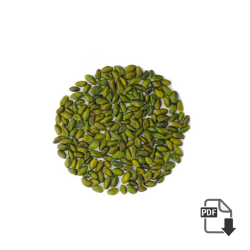The Incredible Health Benefits and Versatility of Walnuts
Walnuts, often hailed as a superfood, are packed with essential nutrients that promote overall health and well-being. Whether you enjoy them raw, roasted, or as an ingredient in your favorite dishes, walnuts are more than just a tasty snack. In this article, we explore the numerous health benefits, nutritional value, and culinary versatility of walnuts.walnut Article
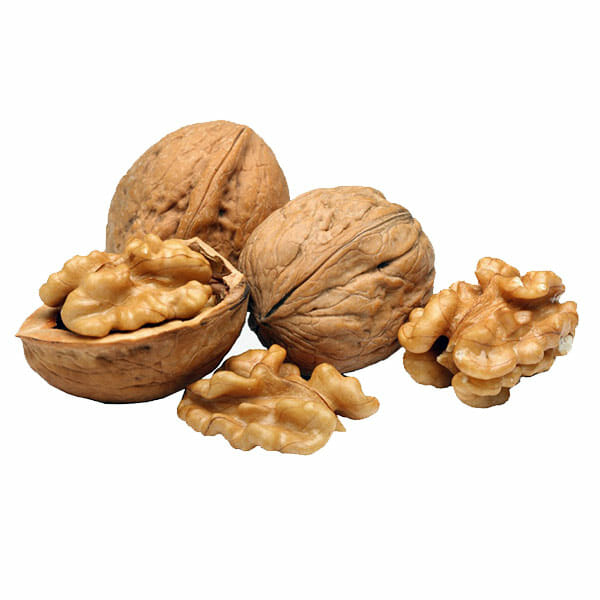
What Are Walnuts?
Walnuts are the edible seeds of the tree species Juglans regia. They belong to the walnut family and are native to the regions surrounding the Mediterranean. Today, walnuts are cultivated in many parts of the world, including the United States, China, and several European countries. Known for their distinctively wrinkled appearance, walnuts are a rich source of nutrients, including healthy fats, protein, and fiber.
Types of Walnuts
When we talk about walnuts, most people refer to the English walnut (Juglans regia), the most commonly consumed variety. However, there are several other types of walnuts, including the Black walnut (Juglans nigra), which is native to North America. The main differences between these varieties lie in their flavor profiles, with black walnuts being stronger and more intense in taste than their English counterparts. walnut Article
Nutritional Value of Walnuts
Walnuts are a nutrient-dense food, making them a great addition to any balanced diet. Here’s a breakdown of the nutritional profile of walnuts:
Rich in Healthy Fats
Walnuts are an excellent source of healthy fats, particularly omega-3 fatty acids in the form of alpha-linolenic acid (ALA). Omega-3 fatty acids are essential fats that the body cannot produce on its own and must be obtained through diet. These healthy fats are known for their ability to reduce inflammation, support heart health, and promote brain function.
High in Protein
A serving of walnuts provides a significant amount of protein, making them an ideal snack for vegetarians and those looking to increase their protein intake without animal products. Protein is essential for building and repairing tissues, producing enzymes and hormones, and supporting overall body functions.walnut Article
Packed with Antioxidants
Walnuts contain a variety of antioxidants, which help combat oxidative stress and reduce damage caused by free radicals in the body. These antioxidants play a crucial role in maintaining a healthy immune system and may help reduce the risk of chronic diseases like heart disease and cancer.
A Good Source of Fiber
Fiber is essential for digestive health, and walnuts provide a generous amount of both soluble and insoluble fiber. A high-fiber diet has been linked to improved digestion, better blood sugar control, and a reduced risk of heart disease.
The Health Benefits of Walnuts
Incorporating walnuts into your daily diet can offer numerous health benefits. From heart health to brain function, walnuts have been shown to support various aspects of human well-being.
1. Promoting Heart Health
Walnuts are particularly known for their heart-healthy benefits. Thanks to their high omega-3 fatty acid content, walnuts can help lower “bad” LDL cholesterol levels, reduce inflammation, and improve overall heart function. Studies have shown that a diet rich in walnuts may reduce the risk of heart disease and stroke.
2. Supporting Brain Health
Walnuts are sometimes referred to as “brain food” because they contain high levels of omega-3s, antioxidants, and vitamin E. These nutrients support brain function by reducing oxidative stress and inflammation in the brain. Regular consumption of walnuts has been linked to improved cognitive function and a reduced risk of neurodegenerative diseases like Alzheimer’s.
3. Weight Management
Despite being high in calories, walnuts can help with weight management. The healthy fats and fiber in walnuts promote satiety, making you feel fuller for longer and reducing overall calorie intake. This makes them an excellent choice for those looking to maintain or lose weight while still enjoying a delicious snack.walnut Article
4. Reducing Inflammation
Chronic inflammation is linked to a range of health conditions, including arthritis, diabetes, and heart disease. Walnuts contain compounds that help reduce inflammation in the body, making them an effective food for managing inflammation and supporting overall health.
5. Improving Gut Health
The fiber in walnuts acts as a prebiotic, which feeds the beneficial bacteria in your gut. A healthy gut microbiome is essential for digestion, immunity, and overall health. By promoting the growth of good bacteria, walnuts contribute to better gut health.
Culinary Uses of Walnuts
Beyond their nutritional benefits, walnuts are incredibly versatile in the kitchen. Whether you’re adding them to baked goods, salads, or savory dishes, walnuts bring a delightful crunch and a nutty flavor that enhances a variety of recipes.
1. Walnut Butter
Walnut butter is a delicious and creamy alternative to peanut butter. You can make it by simply blending walnuts in a food processor until they form a smooth paste. Walnut butter is perfect for spreading on toast, adding to smoothies, or using as a dip for fruits and vegetables.
2. In Baked Goods
Walnuts are often used in baking to add texture and flavor. They work beautifully in cookies, muffins, cakes, and bread. Some of the most popular baked goods that feature walnuts include banana bread, brownies, and walnut-studded cookies.
3. As a Salad Topping
Adding walnuts to salads provides a crunchy texture and an extra boost of nutrition. Walnuts pair well with leafy greens, goat cheese, fruits like apples and pears, and balsamic vinaigrette for a delicious and wholesome salad.
4. In Stir-Fries and Grain Dishes
Walnuts also make an excellent addition to savory dishes like stir-fries, grain bowls, and rice dishes. Their rich, nutty flavor complements vegetables, grains, and protein sources like chicken or tofu.
5. In Smoothies and Granola
Walnuts are a great ingredient for adding to smoothies and granola. Simply blend them into your morning smoothie for a creamy texture or sprinkle them over granola for an extra crunch.
How to Incorporate Walnuts Into Your Diet
Adding walnuts to your diet is simple, and the possibilities are endless. Here are some easy ways to enjoy the benefits of walnuts:
- Snack on Raw Walnuts: Enjoy a handful of raw walnuts as a midday snack.
- Add to Oatmeal: Top your morning oatmeal with chopped walnuts for a crunchy and nutritious twist.
- Sprinkle on Yogurt: Add walnuts to your yogurt along with fresh fruits for a satisfying breakfast or snack.
- Include in Homemade Energy Bars: Use walnuts in homemade granola or energy bars for a healthy and filling snack.
- Mix Into Smoothies: Blend walnuts into your favorite smoothie for an added boost of protein and healthy fats.
Conclusion
Walnuts are an incredibly nutritious and versatile food that offers many health benefits. From supporting heart health to enhancing brain function, they are an essential part of a balanced diet. Whether you’re snacking on them, incorporating them into your meals, or using them in baking, walnuts are a delicious and healthy addition to any eating plan.
By understanding their nutritional value and the numerous ways they can be used in cooking, it’s easy to see why walnuts deserve a prominent place in your diet. So go ahead—enjoy a handful of walnuts and reap the many health benefits they provide! walnut Article
https://www.irandriedfruit.com/import-gppk-from-iran/
All Type Of Walnuts
-
Walnut kernel Special wholesale price + analysis + sale offer
Iranian walnut kernel are divided into three grades according to the size, fat contain, color and halves.


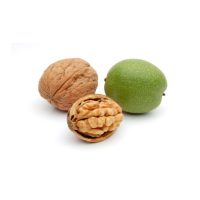


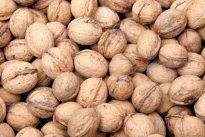


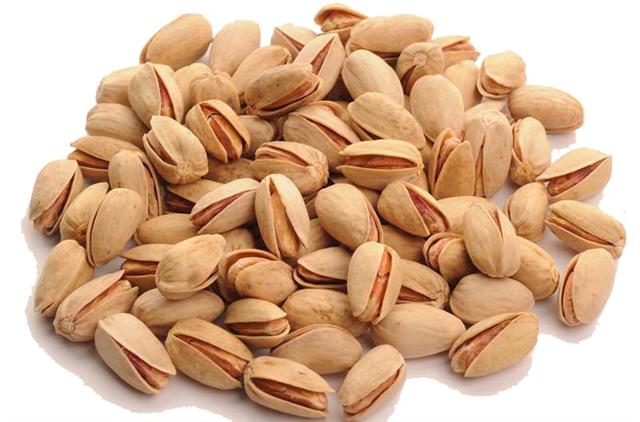
 3 kind raisin
3 kind raisin 


